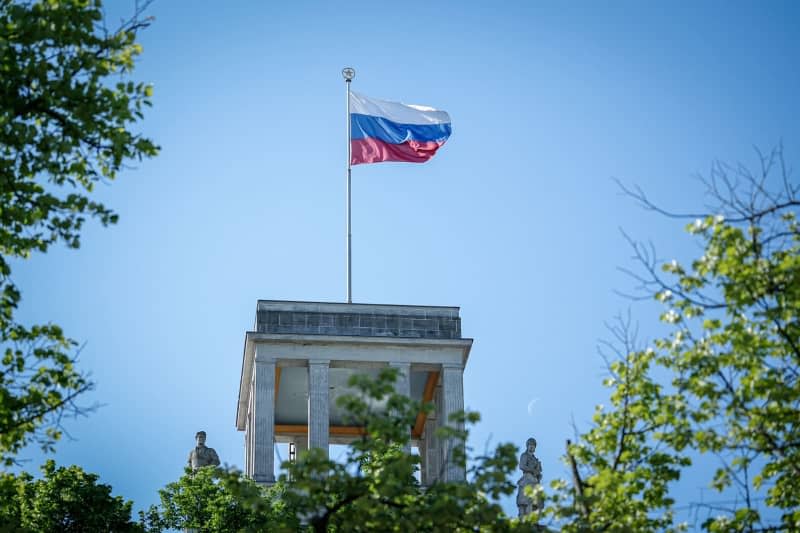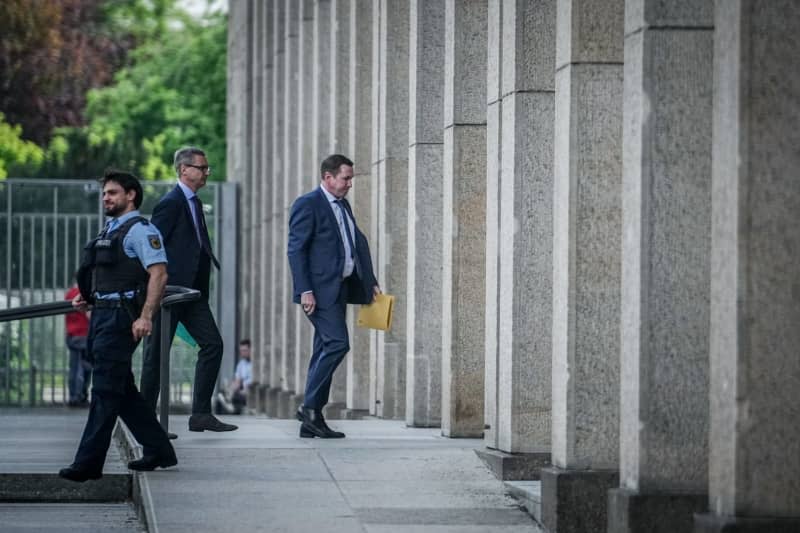EU, NATO condemn Russian cyberattacks on Germany and Czech Republic

The European Union and NATO on Friday issued statements condemning the Russian cyberattack on Germany and the Czech Republic, which says it was also targeted.
The EU statement, issued by EU foreign affairs chief Josep Borrel on behalf of all 27 member states, said the bloc "is determined to make use of the full spectrum of measures to prevent, deter and respond to Russia’s malicious behaviour in cyberspace."
Earlier, German Foreign Minister Annalena Baerbock said Berlin blames a unit of the Russian military intelligence service GRU for a 2023 cyberattack on the centre-left Social Democrats, which form the governing coalition with junior partners the Greens and pro-business Free Democrats (FDP).
The EU statement said, "The malicious cyber campaign shows Russia’s continuous pattern of irresponsible behaviour in cyberspace, by targeting democratic institutions, government entities and critical infrastructure providers across the European Union and beyond."
The NATO military alliance said: "We stand in solidarity with Germany following the malicious cyber campaign against a political party, in this case the Social Democratic Party of Germany, and with Czechia following the malicious cyber activities against its institutions."
"We strongly condemn malicious cyber activities intended to undermine our democratic institutions, national security and free society."


